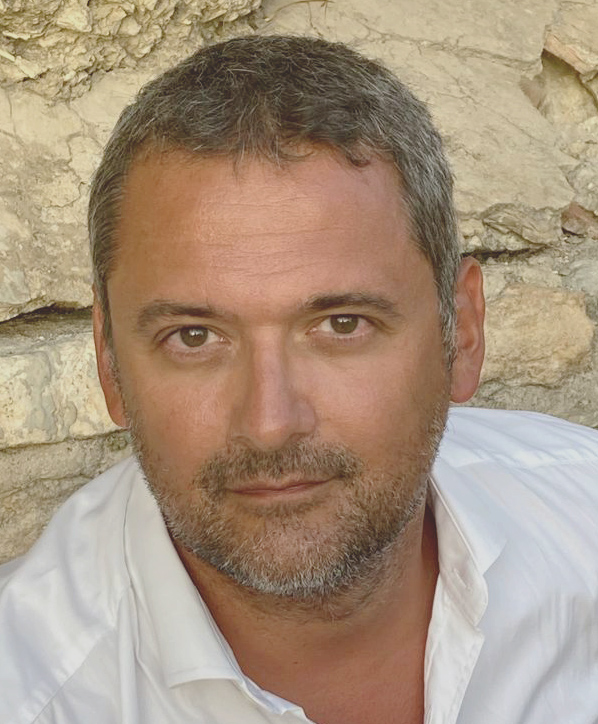Franck Oury - Institut Necker Enfants Malades, Paris
-
On 31 March 2023Amphi DEfalse false
-
11h30
Central PTH/PTHrP signalling in the brain: a novel axis for the control of energy metabolism and a target to treat metabolic syndrome
Franck Oury, PhDCentral PTH/PTHrP signalling in the brain: a novel axis for the control of energy metabolism and a target to treat metabolic syndrome
Research director (DR2-INSERM)
Team: "Integrative neurobiology" Institut Necker Enfants Malades (INEM)
INSERM U1151, 160 rue de Vaugirard, 75015 Paris
Abstract
Inter-organ communication is essential to maintain tissue homeostasis and proper regulation of our physiological functions. Hormones are key factors mediating these dialogues between organs. Their broad spectrum of actions is not limited to the peripheral organs, but many hormonal factors can also reach the central nervous system where they influence the central regulation of whole-body metabolism. Importantly, emerging evidence suggest that these hormones can also influence more intrinsic functions of the CNS, mainly in the hypothalamus that regulates energy balance (feeding behavior and energy expenditure). Moreover, it has been also suggested that alterations of the hormonal homeostasis occurring during normal aging may directly contribute to the progressive decline in cognitive and metabolic functions.
In recent years, a coordinated regulation has been shown between bone physiology and the brain control of cognitive functions and energy metabolism. This observation suggested the existence of common regulatory pathways and potential impact of bone-regulating hormonal networks in the brain. Accordingly, we reveal here the key role of the parathyroid hormone (PTH)/PTH-related peptide (PTHrP) signaling system, a well-known regulatory system of skeletogenesis, for the central control of feeding behavior, energy expenditure and fat metabolism. The modulation of this endocrine/paracrine pathway offers novel therapeutic perspectives to treat metabolic syndrome.
Biography
Franck Oury has been graduated in neurobiology (2007) from Louis Pasteur University-Strasbourg (France), where he studied neuro-developmental biology (Institut de Génétique et Biologie Moléculaire et Cellulaire (IGBMC)). He then moved to Columbia University – Medical Center, New York, USA, where he gained expertise in neuro- and integrative-physiology, identifying novel endocrine functions of the skeleton in regulating brain functions. In 2015, he decided to join the Institut Necker Enfants-Malades (INEM) in Paris to start his own group. Building on his interdisciplinary training, the main topic of his laboratory is to study how hormonal factors regulate brain functions and aging. His team has made pioneer study demonstrating the the importance of novel hormonal factors for the maintenance of cognitive fitness and brain plasticity. His most recent work characterized the role of the autophagy as a mediator for the hormone/neuron communication in the brain and its impact on brain aging process. He is a laureate as part of the the Foundation Schlumberger (FSER), the Blavatnik-NY academy of sciences (USA), STS foundation (Japan), Allianz-ADPS, MSD Avenir program, and NRJ foundation for neuroscience prizes. He is a member and coordinator of the NeuroAging consortium of the National Aging program.






